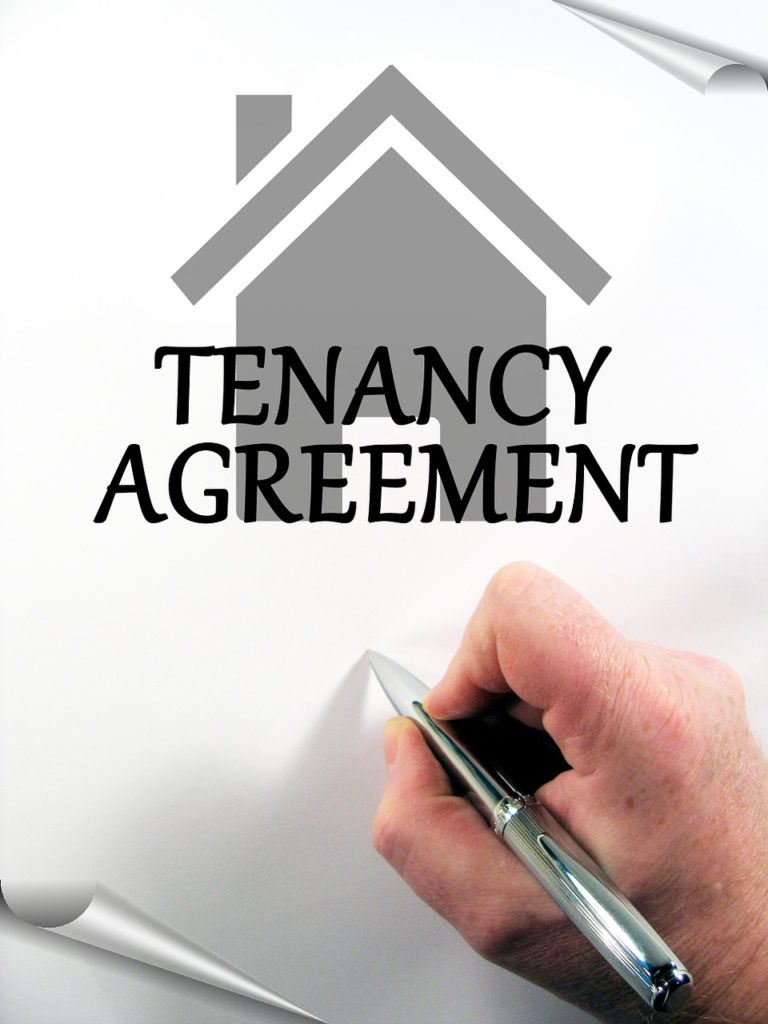
When a tenant has a lease, it is common for details of that lease to be lost or forgotten. Generally, most leases for under a seven-year period are not recorded in any Registry of Deeds in Massachusetts. As a result, where no record of a lease exists due to an error in bookkeeping, failure to keep records, or other reason, an estoppel certificate is a method of certifying the terms of the original lease to a third party.
Often, the third party seeking an estoppel certificate is either a lender or a potential purchaser of the property. Because the seller in these circumstances cannot produce a sufficient record of all details of a lease or leases held by tenants in the seller’s property, the buyer or lender will want to know those details to assist them in understanding their own rights and any options available to deal with current tenants before and after a purchase of the property.
Estoppel certificates in Massachusetts detail the amount of rent paid, how often rent is paid, any security deposit that was made, the length of the lease, and other aspects of the lease important to the buyer or lender. Because some leases allow tenants to make changes to the lease, or to give up the lease to another (also known as assignment or subleasing depending upon certain other conditions), the estoppel certificate will detail these matters.
Other important aspects of the lease include whether the tenant has an option to renew the lease and will be made clear in the tenant’s responses on the estoppel certificate. Tenants may also be asked to certify whether they have made a bankruptcy filing, or are otherwise in default under the lease terms. Again, the main purpose of the Massachusetts estoppel certificate is to help a lender or buyer of the property to understand the precise nature of the lease or leases held by all tenants in the property.
Should I Sign a Massachusetts Estoppel Certificate?
Failure to sign an estoppel certificate might, depending upon the original terms of the tenant’s lease with the landlord, be grounds for eviction. Because a lease is a contract of sorts tenants will want to be aware of clauses within the lease which detail what remedies may be available to a Landlord. On the other hand, there are circumstances when it would be advisable for a tenant to sign an estoppel certificate even when not required to do so under the terms of the original lease. Because the devil lies in the details of the lease, it is advisable to read and understand each clause of the original lease to determine whether signing an estoppel certificate is the best option for a tenant. For landlords, it should be clear that including a requirement in a lease that estoppel certificates be signed by all tenants upon request of the landlord are typically prudent additions to the terms of a lease.
See our “Home Buyer’s Guide and Checklist” for more information.
DISCLAIMER:
The information provided in the pages and posts of this website are for general informational purposes only. The information presented on this site is not legal advice, and no attorney-client relationship is formed by the use of this site.


